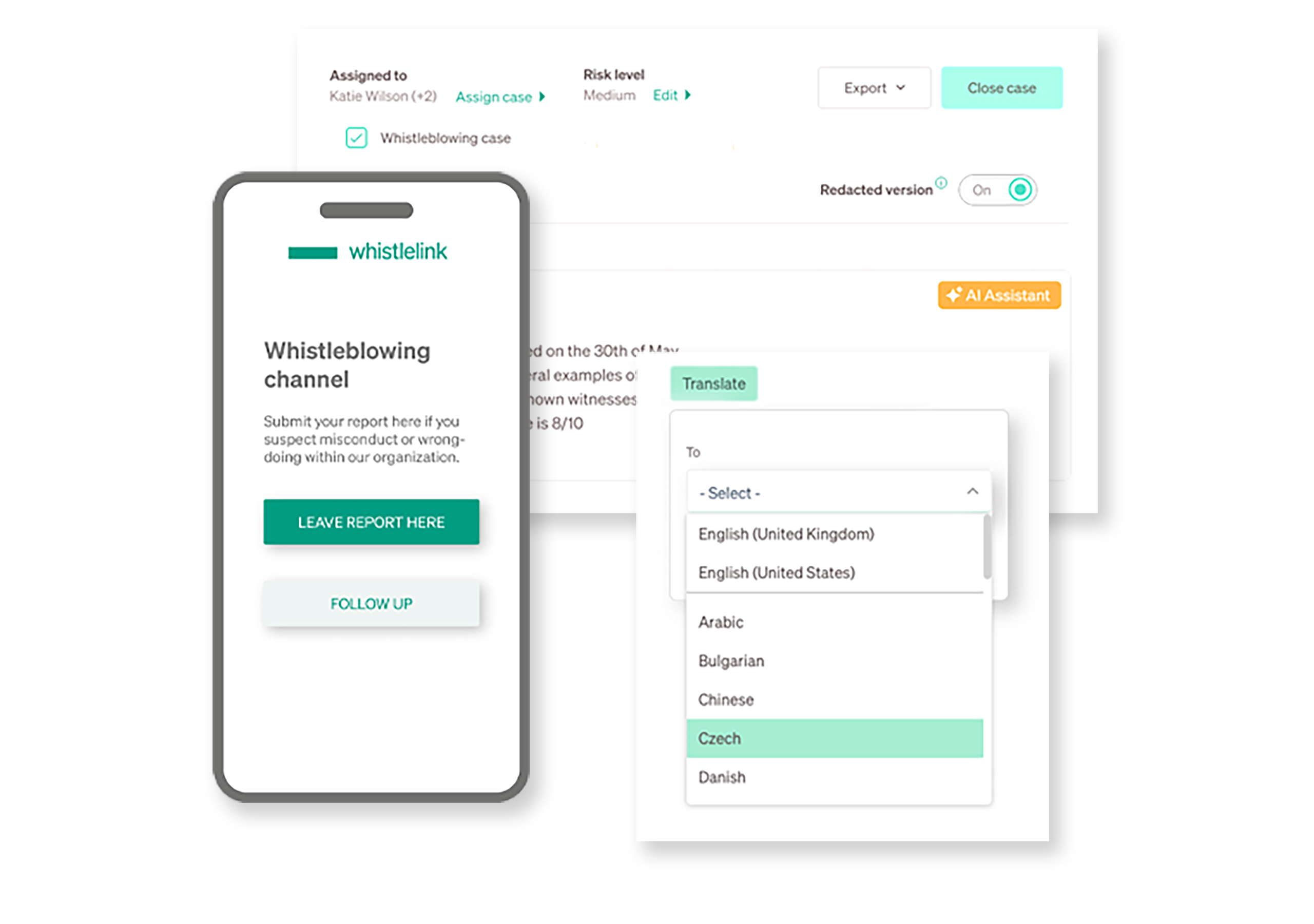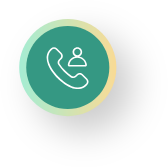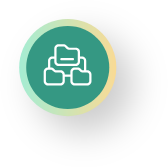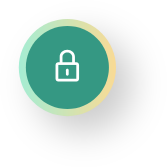Say goodbye to outdated, overpriced whistleblowing hotlines
- Confidential & secure whistleblowing hotline
- Supports both written and oral reporting
- Effortless setup for a seamless speak-up channel
- Intuitive and user-friendly case management







Speak Up with Trust
Foster a culture where every employee feels safe to raise concerns — with openness, trust, and mutual respect at the core.

Trusted By

Anonymous reporting

Whistleblowing Hotline

Case Management

AI Assistant

Highest level of security

Giving every voice a safe space
Empower your people to raise ethical concerns with confidence. Always-on, multi-device access creates transparency and trust — while guidingeach report to a meaningful resolution.”
- Written and oral reporting
- Confidential and anonymous reporting
- 50+ languages
- Encrypted communication


Manage with Ease
Simplify daily work with a customizable
platform. Manage cases, collaborate
across stakeholders, and resolve issues
seamlessly in one place.
- AI Assistant
- Machine translation
- Fully customisable
- ISO 27001-certified company
Stay Ahead of Risk
Identify and address potential risks before
they escalate — protecting your organization
and strengthening its integrity.
- Clear oversight
- Dynamic dashboards
- Powerful analytics
- Export of management reports



Annelie Demred
VP, STRATEGY AND GROWTH

Annelie Demred
VP, STRATEGY AND GROWTH
Whistleblowing solutions
Why is whistleblowing important?
Whistleblowing occurs when someone reports illegal, unethical, or harmful activities, typically within a workplace. If misconduct goes unreported, it can lead to serious consequences for an organisation, individuals, or even society as a whole.
A secure internal reporting channel such as a whistleblower system provides a safe and confidential way for people to speak up, ensuring that wrongdoing is addressed before it causes further harm.
What is a whistleblower system?
A whistleblower system is a secure and structured way for individuals to report misconduct, ensuring that concerns are handled professionally and ethically. Depending on the system, reports can be submitted anonymously, helping to protect the whistleblower’s identity and build trust.
Common types of whistleblower systems include:
- Physical or virtual mailboxes
- Telephone hotline or messaging systems
- Digital platforms offering secure, confidential submissions and case management
Why should organisations implement a whistleblower system?
Implementing a whistleblower system helps organisations prevent serious harm, reduce financial and reputational risks, and foster a culture of trust and accountability.
A secure reporting channel allows employees and stakeholders to confidentially raise concerns, ensuring that misconduct is addressed promptly and discreetly before it escalates. This not only protects the organisation but also strengthens employee confidence and reinforces ethical business practices.



